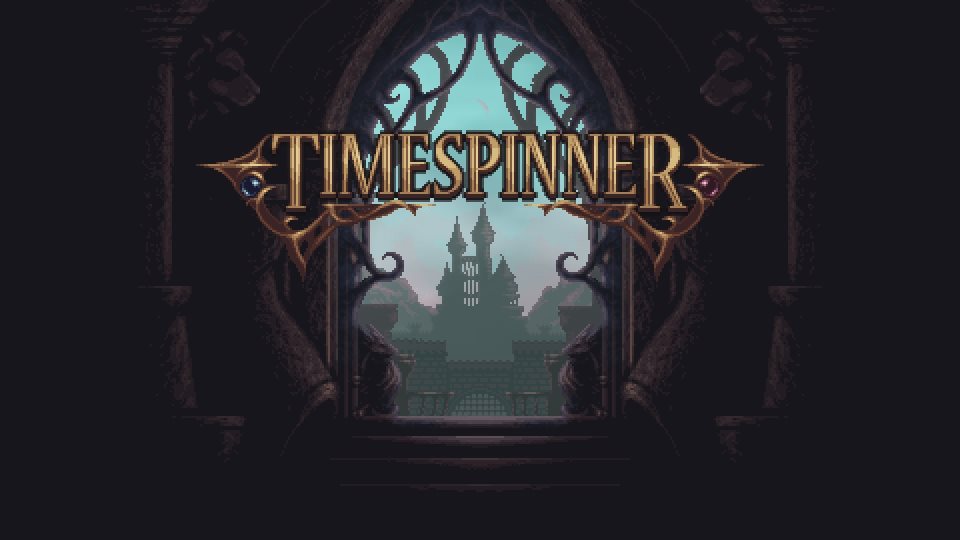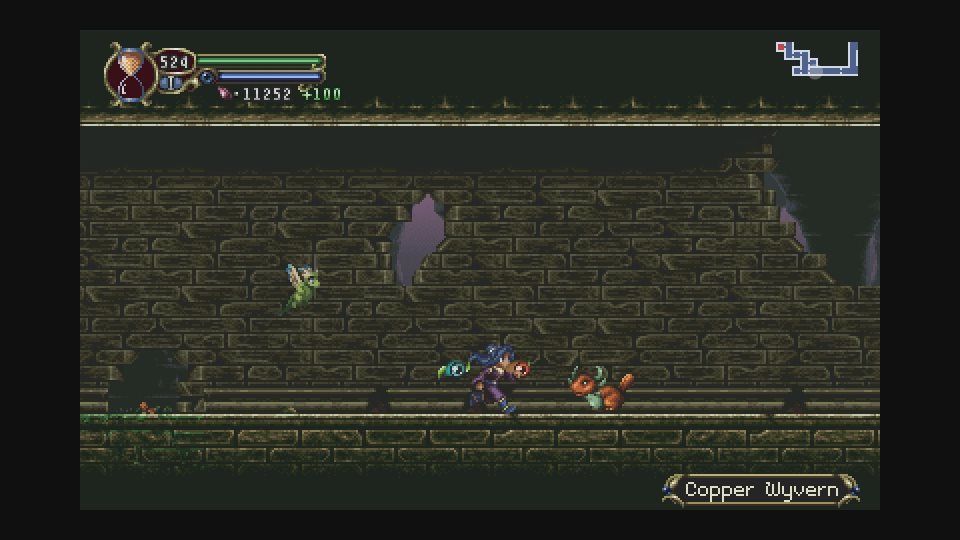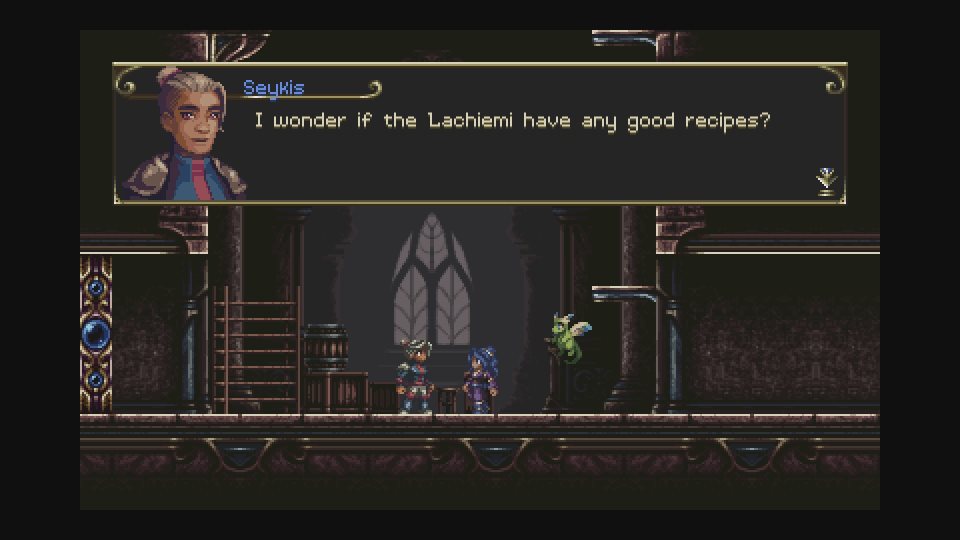

Metroidvania time again. You are a Time Messenger, part of a relatively secretive cult that passes information through time, but always with a cost. Going back in time will result in that person being erased from the timeline, so it's usually a last ditch effort to save the day. Your time (no pun intended) has now finally arrived, as the evil Lachiem empire have found your village, and are intending to wipe you out.
Escaping, you make your way to the Timespinner, which throws you back in time thousands of years, to when the Empire was only just beginning to establish itself. With this temporal advantage, can you change the future by altering the past? Of course you can, that's one of the major gameplay mechanics. The game uses this in a similar manner to Oracle of Seasons, the Gameboy Zelda game, though doesn't have quite that game's level of back and forth. It's mostly for big sweeping changes to the world.
And it's a world you'll explore in typical Metroidvania fashion. There's lots of running around, unlocking new skills to let you further explore previous locations, along with the need to jump into the past to unlock paths in the future. This is pretty smooth feeling, with the platforming aspect being solid. If you can physically make a jump, it'll be obvious, and the controls are tight enough to make the occasionally tricky leaping enjoyable.
The jumping aspect is also influenced by a second uncommon feature, that being your time stop ability. You can temporarily pause the action on screen (as long as you've got sand in your hourglass), to enable you to dodge attacks, or use frozen enemies as stepping stones to reach higher locations. This does lead to some of the most annoying bits of the game, as the limited time factor makes the sometimes tricky jumping elements more fraught.
This is made worse by the fact that sand doesn't auto-fill, so if you murder your hourglass on one particularly difficult jumping section, you've then got to wander off and refill it before trying again. That aside though, it's a very fun mechanic to play with.
Also fun are the weapons, which have the required level of customisation. These are floating orbs which can transform into different attacks. They might shoot balls of fire, give you giant fists, let you swing a sword or a range of other things. You'll equip two of these (in three hot-swappable pairs), so you can either double up, or go for a mixed pair (as they both run off the same melee button). I tend to favour a plasma/gun combo, but there's lots of choices for different playstyles.

And to augment these, you then have equipment that can both modify the orbs (I like giving them spinny death blades) and give you a chargeable attack. This, I used less. The time it takes to charge frequently felt too long in the sometimes frantic fights. There's also the usual hat and coat equipment changes, though these don't alter you cosmetically.
The base running around/exploring gameplay is fairly simple, but sufficiently fun that it doesn't get tedious. The exploration of areas with a new skill happens often enough that they remain fresh, and there's a nice variety in the range of environments and landscape design. The use of portals also cuts down on repetition time, which is handy. The music is decent, and there's a fun section which heavily steals from the main Terminator (you know the one), which was a pleasant surprise.
One particular thing that I was impressed with however is the inclusion of quests. You're working from a base of sorts, with a few NPCs around who have their own problems, and they will frequently ask you to do something for them. Naturally this is mostly fetch quests, with a few "go kill this guy"s thrown in, but it was interesting to pause the main thrust of exploring to deal with something more directed. This is also a sneaky way of giving you more information about the world they live in, and delivering a bit of plot.

Admittedly, I found that plotting the weakest part of the game, getting a bit confused at times as to what was going on. I don't know if that's me not paying attention, or if it delivered it badly. The game is very good at getting you involved in the lives of the NPCs you're working with, however, and they are pleasingly varied in both character and relationships.
The bosses are decently changeable, with the usual timing based attacks that are hinted at prior to them being executed. These were initially challenging, but I did find as I progressed through the game that they got simpler, though that may just be me digging up skills I've not used for a while. The final few bosses ramp the difficulty back up again by significantly increasing the number of attack styles, in quite a fun manner, though I did always feel like I was brute-forcing them.
Those final few bosses also depend on what you decide to do. The game has a couple of different endings based on late game choices (so yes, you can load and go back to them, which I do prefer), and these turn out in unexpectedly different ways. It was a nice capstone to what was a decent game. Wrapped it up in about five hours, and probably not going to replay it (the NG+ isn't significantly different), but it was definitely a good ride.





Tagged: Game Metroidvania 2D Average difficulty PC